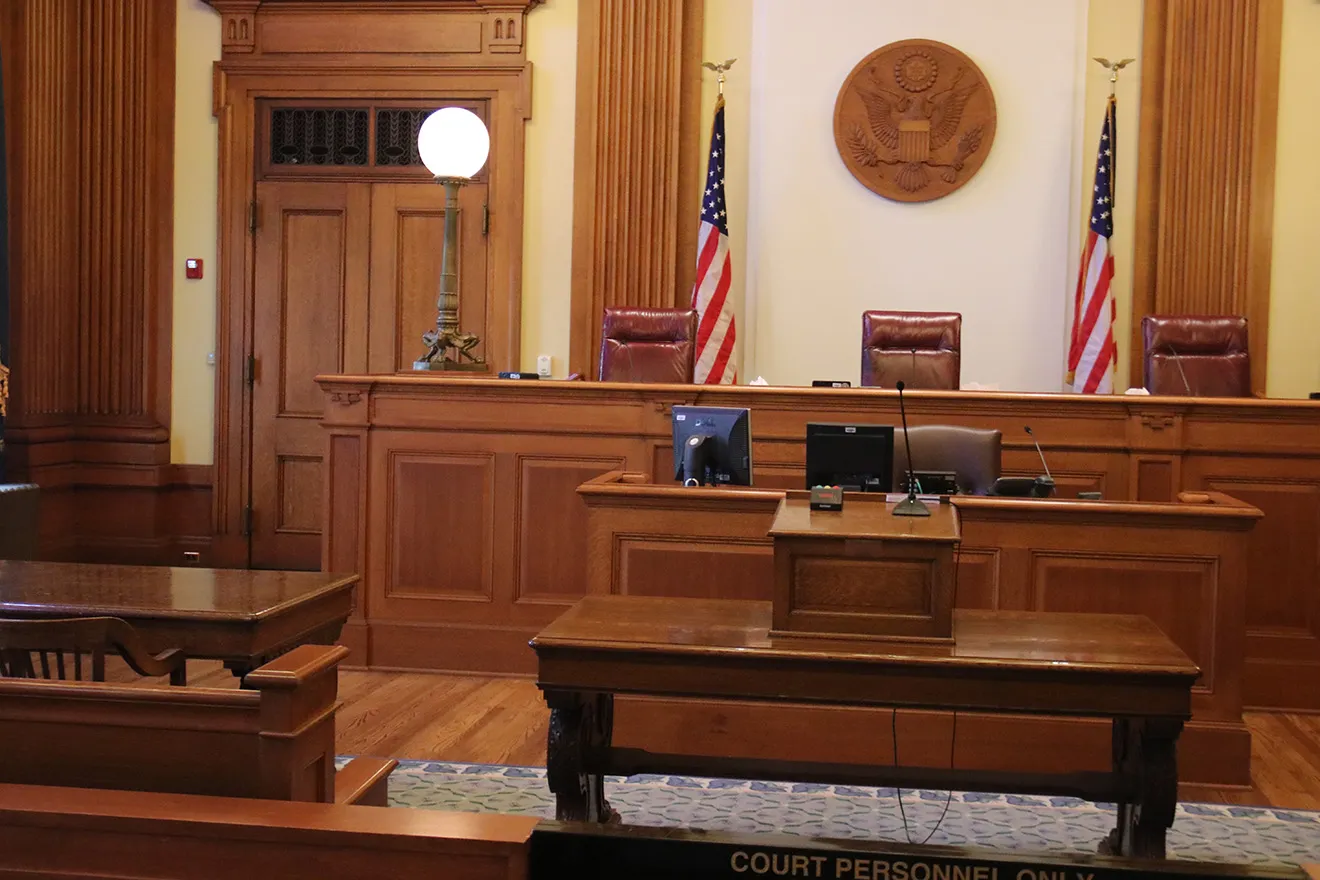
Daily Audio Newscast Afternoon Update - November 15, 2024
News from around the nation.
Trump's RFK Jr pick leads to stock sell-off by pharmaceutical companies; Mississippians encouraged to prevent diabetes with healthier habits; Ohio study offers new hope for lymphedema care; WI makes innovative strides, but lags in EV adoption.
Transcript
News Service Friday afternoon update.
I'm Mike Clifford.
Investors in pharmaceutical companies are selling off stock after Donald Trump nominated the anti-vax activist Robert Kennedy Jr. to lead the U.S.
Department of Health and Human Services.
That for The Guardian.
The report RFK Jr. has embraced numerous health-related conspiracy theories and is one of the most persistent and influential vaccine deniers in the U.S. Trump's announcement sent shares in some of the world's biggest pharmaceutical companies including Moderna, AstraZeneca and GSK falling this morning.
Meantime, November is National Diabetes Month.
Experts say with healthier habits, more Mississippians can reverse prediabetes and prevent type 2 diabetes and all of its complications.
Our Danielle Smith has more.
According to the American Diabetes Association, more than 345,000 adult Mississippians have diagnosed diabetes.
Dr. Griffin Rogers with the National Institutes of Health says 17 percent of Mississippi residents are diabetic compared to about 11.5 percent nationally.
He adds it's important to manage diabetes right after a diagnosis which can help people stay healthier longer and prevent complications.
Diabetes can damage blood vessels and nerves so the patients that have it have a higher risk of developing conditions like a heart attack or a stroke.
And sticking with the health beat, Ohio is leading the way in new research that may help those affected by lymphedema.
It's a chronic condition that causes painful swelling due to buildup of fluid in the lymphatic system which is part of a person's immune system.
For many patients, this condition can develop following cancer treatment.
Teresa Lau, a breast cancer survivor and lymphedema patient at The Ohio State University James Cancer Center, describes how new monitoring technology has provided her peace of mind.
This is great for somebody who lives an hour away from OSU.
It lets you know, it's like my arms swell up and so what can I do?
What are the next steps?
The study Teresa refers to called Project LymRescue uses wearable technology to monitor lymphedema in real time.
Farah Siddiqui reporting.
Next up, electric vehicles have seen a nationwide uptick yet Wisconsin lags behind.
Misconceptions about cost, maintenance and performance are top of mind for hesitant buyers.
In Wisconsin, where about 30 percent of the state's population is rural, accessibility is one of the biggest concerns.
Jeremiah Brookman is with the Wisconsin Electric Vehicle Association.
You spend the entire day out on a farm and you're driving around your many acres of land.
You worry about where you're going to charge your vehicle at that point and I think that's another hurdle.
In an effort to help bolster the state's EV infrastructure, Wisconsin passed a law earlier this year to install a network of 65 fast charging stations statewide.
This is Public News Service.
Construction is scheduled to begin early next year on improvements to railroad infrastructure in and around Springfield, Illinois.
The city has received a $157 million consolidated rail infrastructure and safety improvements grant through the federal bipartisan infrastructure act.
Nate Bottom, the chief city engineer for Springfield, says the money will go for a number of projects designed to improve safety and rail service across the region.
It's been one of the bottlenecks for the high speed rail between Chicago to St. Louis.
It's one track through the city of Springfield so now it will be dual track and there will be a new Amtrak station, multimodal station where we'll have bus transfers as well as a parking structure.
The grant is part of $2.4 billion in federal railroad administration funding for 122 rail projects in 41 states and Washington, D.C.
I'm Mark Richardson.
Meantime if state and local governments want healthier populations, new findings suggest they should be more aggressive in tackling income equality and Nebraska organization feels the approach is on point.
A new study from Johns Hopkins University looked at obesity levels in more than 3,000 counties across the country.
The places with minimum wages of at least $9 an hour had greater success in reducing obesity rates.
Christine Carey helps address economic justice with the group Stand In for Nebraska.
She says other data routinely show that healthier foods tend to cost more so the connection made in this new research is pretty clear.
Raising the minimum wage is obviously a way to increase access to healthier food.
You just have more money to spend on it.
In 2022, Nebraska voters approved a gradual increase in the state's minimum wage.
At the same time, the state doesn't fare well in obesity rankings.
Carey sees a chance for numbers to improve as wages go up, but she notes not all communities have stores that sell healthy foods, potentially hindering that progress.
I'm Mike Moen.
Finally, from our Eric Tegethoff, the fight against infections faces an increasing threat, the rise of superbugs resistant to antibiotics.
The issue already impacts nearly 3 million and kills 35,000 Americans per year.
It poses a threat to the effectiveness of antibiotics going forward if the problem is not addressed.
But Dr. Paul Pottinger, a University of Washington professor of infectious diseases, says this is an avoidable disaster.
He notes that it's a natural part of evolution.
Over time, inevitably, microorganisms will become resistant to the antibiotics that we use and that means that we need to have a plan.
We need something that's going to move forward and help us deal with this threat.
Pottinger says Congress is considering a bipartisan piece of legislation that could help address the shortage of drugs to treat resistant diseases.
This is Mike Clifford and thank you for wrapping up your week with Public News Service.
Member and listener supported.
Hear us on interesting radio stations, your favorite podcast platform.
Find our content and trust indicators at publicnewsservice.org.

















